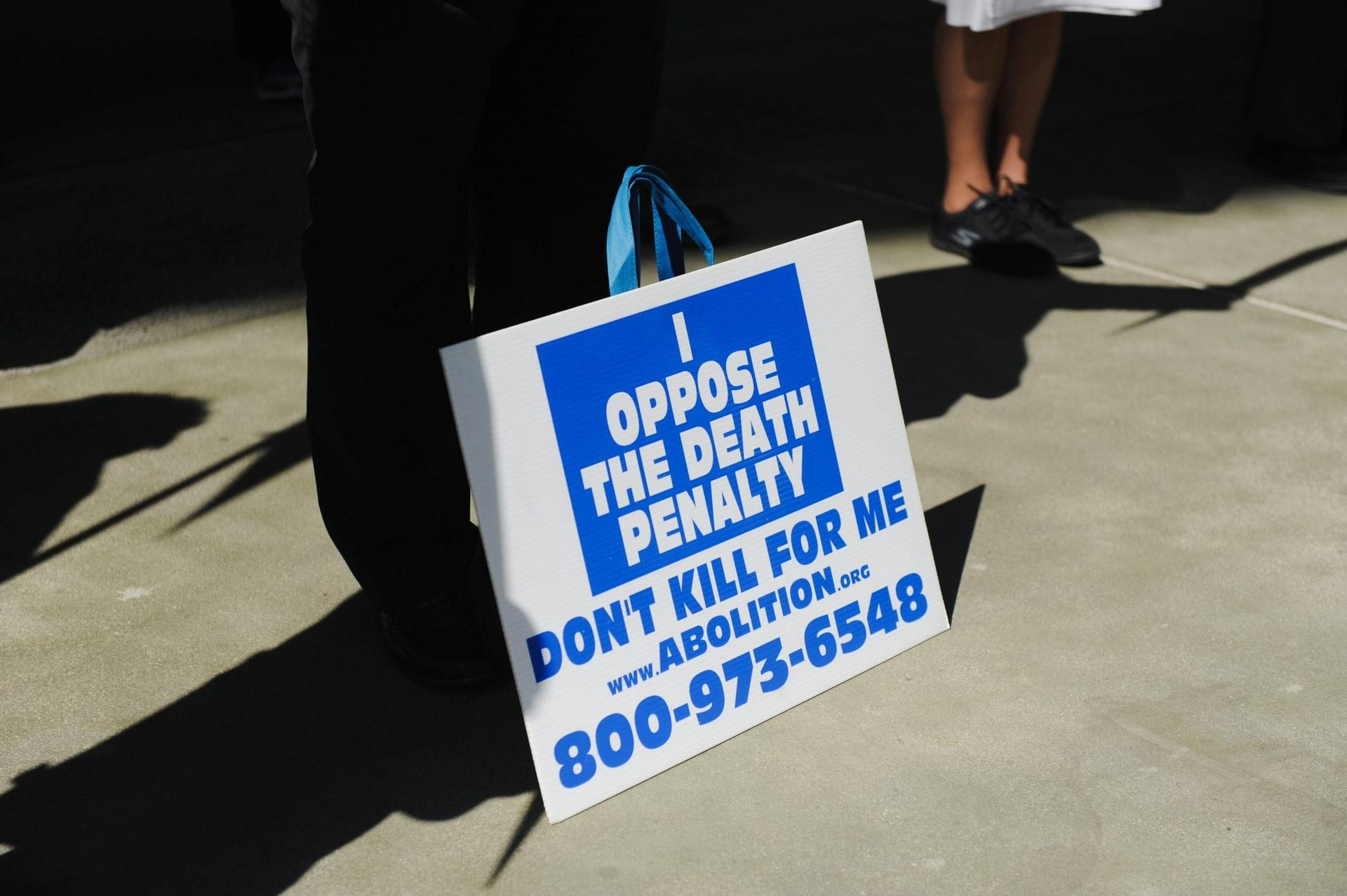NEW YORK — Catholic leaders are cheering Colorado’s abolition of the death penalty — a move they say is fueled by new momentum following the revision to the Catholic Catechism to officially ban the practice and one that signals a westward expansion in the U.S. of the death penalty’s repeal.
Governor Jared Polis signed the bill into law on Monday, while also commuting the sentences of three death row inmates, as the state now becomes the 22nd in the country to repeal the practice.
“By outlawing the death penalty, Colorado has taken a critical step toward respecting the dignity of human life,” said Krisanne Vaillancourt Murphy, executive director of Catholic Mobilizing Network in a statement.
“Catholic Mobilizing Network believes that no matter the harm one has caused or suffered, each person ought to be treated with dignity and have the opportunity for redemption and healing,” she continued. “Today, Colorado makes that possible.”
Sister Helen Prejean, a death penalty abolitionist who has worked with death row inmates for decades, praised the decision as triumph of collaboration between faith communities and other civil society groups.
“Alleluia! I’m celebrating the citizen activists of Colorado who, with stellar collaboration from the legal, law enforcement, education, and faith communities, steadily changed hearts and minds to arrive at this life-affirming day,” she wrote on social media.
The state is the third in the U.S. to end capital punishment since Pope Francis officially changed the Catholic Catechism in 2018 to declare the death penalty to be “inadmissible” in all cases.
Last June, the United States Conference of Catholic Bishops (USCCB) voted to revise the U.S. Catechism as a follow-up to Pope Francis’s August 2018 decision to update the global Catechism of the Catholic Church.
During his September 2015 address to a joint session of the U.S. Congress, Francis applauded the U.S. bishops for their efforts to abolish the death penalty.
“Not only do I support them, but I also offer encouragement to all those who are convinced that a just and necessary punishment must never exclude the dimension of hope and the goal of rehabilitation,” he said at the time.
During the legislative debate over the Colorado bill, the Catholic bishops of the state supported it and auxiliary Bishop Jorge Rodriguez of Denver testified bill before both the Senate and House Judiciary Committees.
“The Catholic Church has long taught that every person, whether they are unborn, sick, or sinful, has a God-given dignity that cannot be erased or taken away,” Rodriguez told legislators in his testimony. “Yes, it can be marred, but it cannot be blotted out in the eyes of God.”
The state’s decision comes at a time when public opposition to capital punishment is on the rise and its implementation continues shrink.
A report released by the Death Penalty Information Center (DPIC) in December found that for five years in a row, there have been fewer than 30 death penalty executions and fewer than 50 death sentences.
RELATED: Death penalty continues to decline in the U.S. according to new report
Despite the decline in state executions, last July, the Trump administration announced that it intended to resume federal executions after the 16-year hiatus. The U.S. Supreme Court, however, has left in place a preliminary injunction, which prohibits the government from carrying out the first federal executions in 16 years.
At the time of the report’s release, DPIC executive director Robert Dunham told Crux that states west of Texas have not seen an execution in the last five years and he pointed to pending efforts in Colorado and Wyoming as examples of growing momentum in the west to end the practice.
“Colorado’s action exemplifies the trend we are seeing in states across the country, which is a continuing movement away from capital punishment, first in practice, then in law,” he said following Polis’ signing into law the new bill.
“Half of U.S. states have either abolished the death penalty or have imposed moratoria on executions,” Dunham added.
“The trend away from the death penalty has been particularly strong in the West in recent years. Governors in Colorado, Washington, Oregon, and California have all halted executions,” he continued. “Washington and Colorado have gone on to judicially or legislatively abolish the death penalty and Oregon has significantly restricted its scope.”
Vaillancourt Murphy says she’s optimistic that such a trend will continue.
“Colorado joins the growing ranks of repeal states, affirming our nation’s desire for more restorative responses to crime and harm and adding to the continued momentum toward death penalty abolition across the U.S.,” she said.
Follow Christopher White on Twitter: @cwwhite212
Crux is dedicated to smart, wired and independent reporting on the Vatican and worldwide Catholic Church. That kind of reporting doesn’t come cheap, and we need your support. You can help Crux by giving a small amount monthly, or with a onetime gift. Please remember, Crux is a for-profit organization, so contributions are not tax-deductible.













